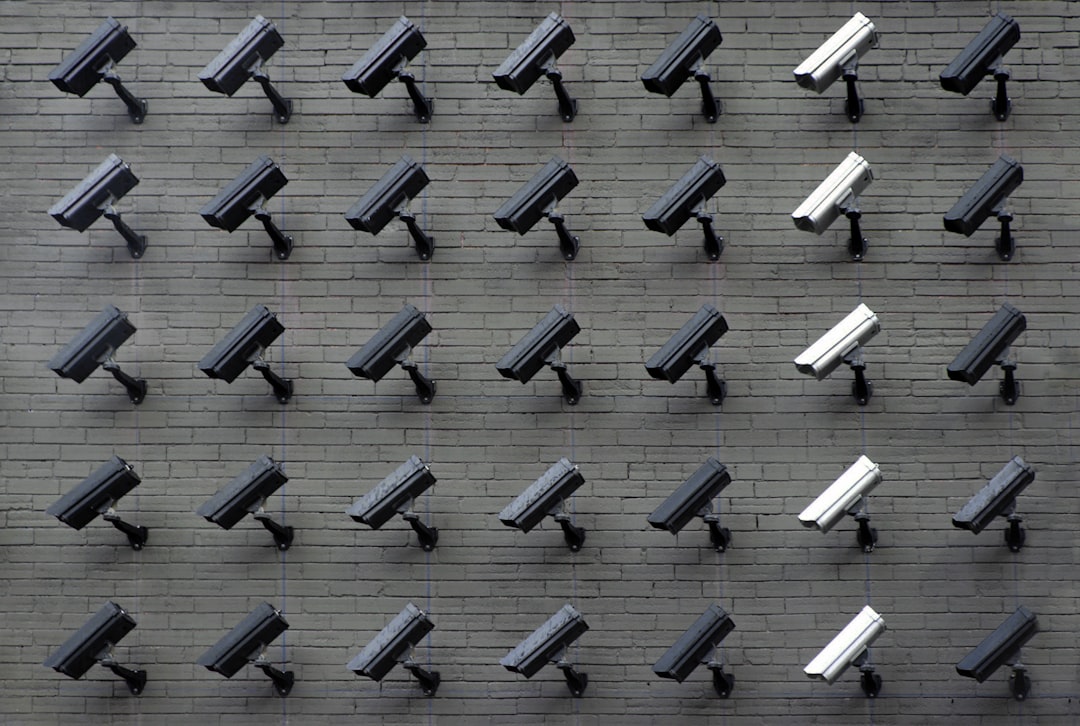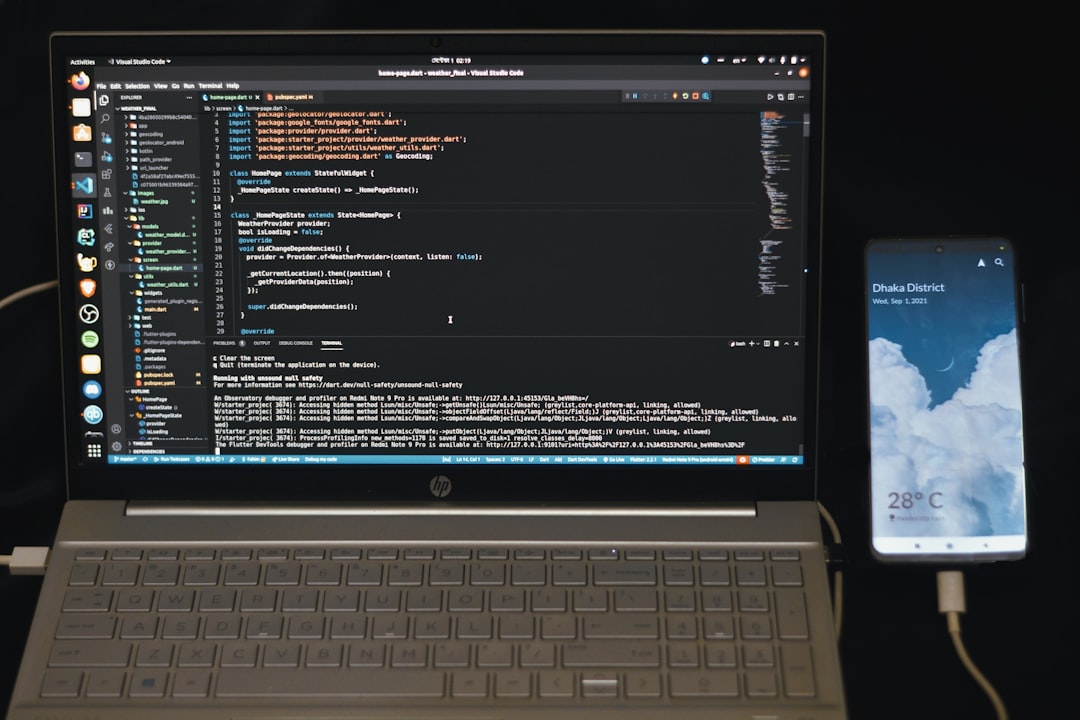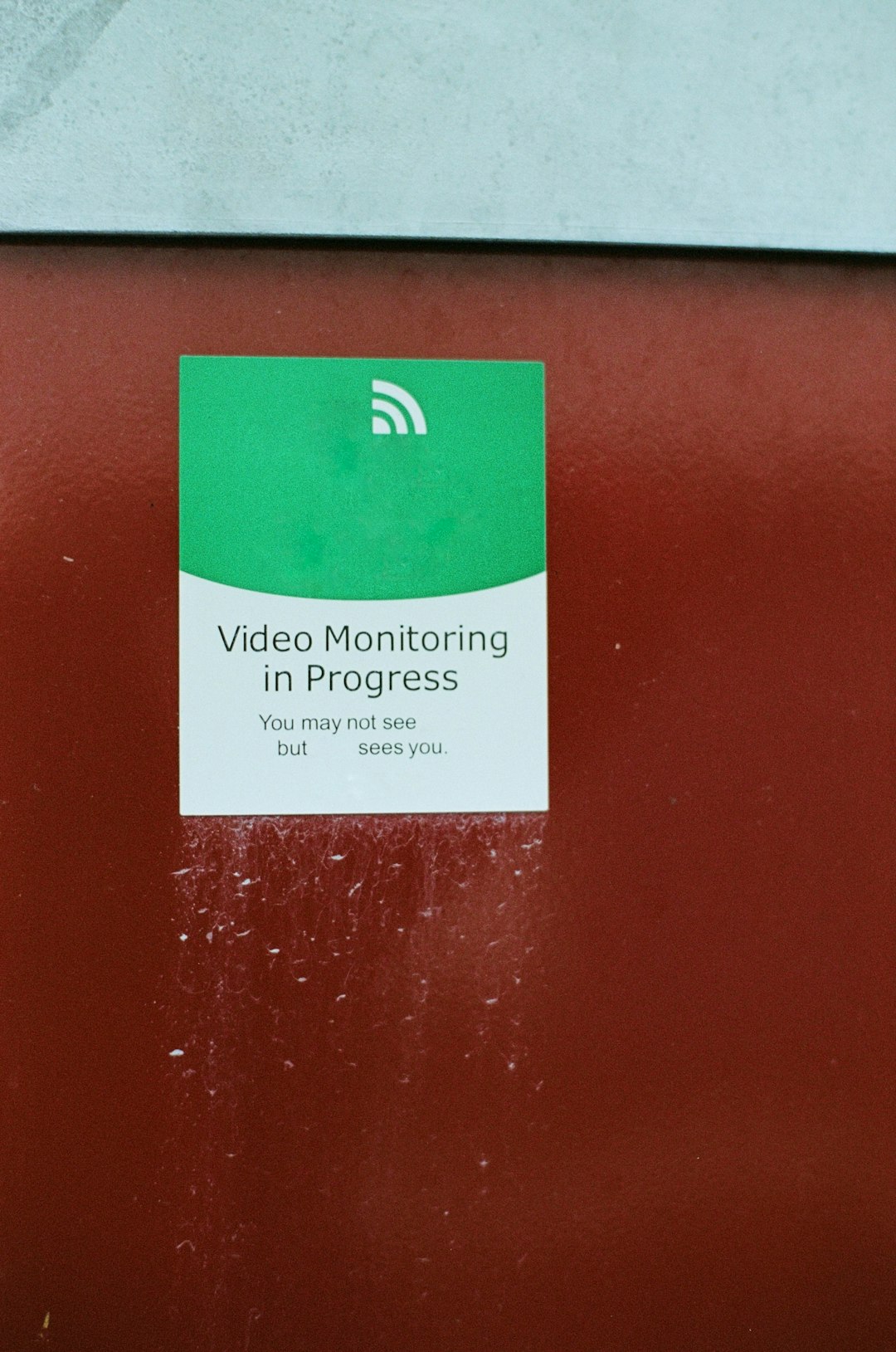It’s no secret that Virtual Private Networks, or VPNs, have become essential tools in today’s digital world. From freelancers working on public Wi-Fi to avid content streamers bypassing location restrictions, VPNs are everywhere. But what if the true benefits of a VPN go far beyond what most people understand? What if your Internet Service Provider (ISP) is secretly hoping you never figure out what VPNs are really capable of? The shocking truth may completely change the way you use the internet.
ISPs Are Watching—Constantly
Most internet users are unaware that their ISPs are constantly keeping tabs on their online activity. Every website visited, every video streamed, and every file downloaded passes through the ISP’s network, giving them nearly unlimited visibility into user behavior. This isn’t just about tracking usage for performance—it’s often about selling data to advertisers or throttling certain services to control how people use the internet.

By default, your internet traffic is like an open book to your ISP. VPNs, however, offer a layer of encryption that hides this activity from prying eyes. When you connect to a VPN, your data passes through a secure tunnel, making it unreadable to your ISP. Instead of seeing what you’re doing online, they only see that you’re connected to a VPN server—nothing more.
Why Your ISP Doesn’t Want You Using a VPN
There are several reasons your ISP may not be thrilled about you using a VPN:
- Monetization of your data: ISPs often collect and resell anonymized data about your browsing habits. VPNs cut off that revenue stream by masking your activity.
- Bandwidth throttling: ISPs might slow your connection during streaming or gaming, especially if you’re using specific websites or services. VPNs hide the destination of your traffic, making it harder for ISPs to target your usage.
- Geo-restriction circumvention: VPNs allow users to access content not available in their region. This undermines contracts ISPs have with content providers.
In essence, VPNs take control away from ISPs and place it back into the hands of users. This shift in power is something many telecom companies aren’t eager to promote.
VPNs Are Not Just for Security Anymore
Originally touted as security tools for remote workers and IT professionals, VPNs have now become essential for virtually everyone. Whether you’re trying to avoid government surveillance, bypass firewalls at school or work, or ensure secure shopping on unfamiliar networks, a VPN provides peace of mind.
But the perks don’t end there:
- Unlock international streaming libraries on platforms like Netflix or Hulu
- Secure VoIP calls to avoid eavesdropping
- Download torrents more safely without exposing your IP address

Sadly, this level of freedom is often discouraged or misunderstood, thanks in part to misleading information spread by ISPs and even some governments. Some go as far as throttling VPN connections or promoting false narratives about their legality or purpose.
The Bottom Line
There’s a reason ISPs aren’t fans of VPNs: they break the system. They put privacy, choice, and performance in the hands of the individual instead of corporations. And despite what your ISP might imply, using a VPN is not only legal in most countries—it’s a critical step in protecting your online identity.
For those looking to take back control of their digital lives, a VPN isn’t just an optional privacy tool—it’s a necessity.
FAQ
- Q: Is using a VPN legal?
A: Yes, in most countries using a VPN is completely legal. However, using it for illegal activities remains unlawful regardless of whether you’re using a VPN. - Q: Can my ISP see what I’m doing if I use a VPN?
A: No, your ISP can see that you’re connected to a VPN server, but not the websites you visit or the data you’re transmitting. - Q: Will a VPN slow down my internet speed?
A: Sometimes, yes. Encrypting your data and routing it through a VPN server may slightly reduce your speed. However, some premium VPNs offer speeds so fast the difference is barely noticeable. - Q: Can I stream with a VPN?
A: Absolutely. In fact, many people use VPNs specifically to access international streaming libraries and avoid ISP throttling while watching high-quality content. - Q: How do I choose a good VPN provider?
A: Look for a provider with a strict no-logs policy, strong encryption standards, a large network of servers, and excellent customer support.




